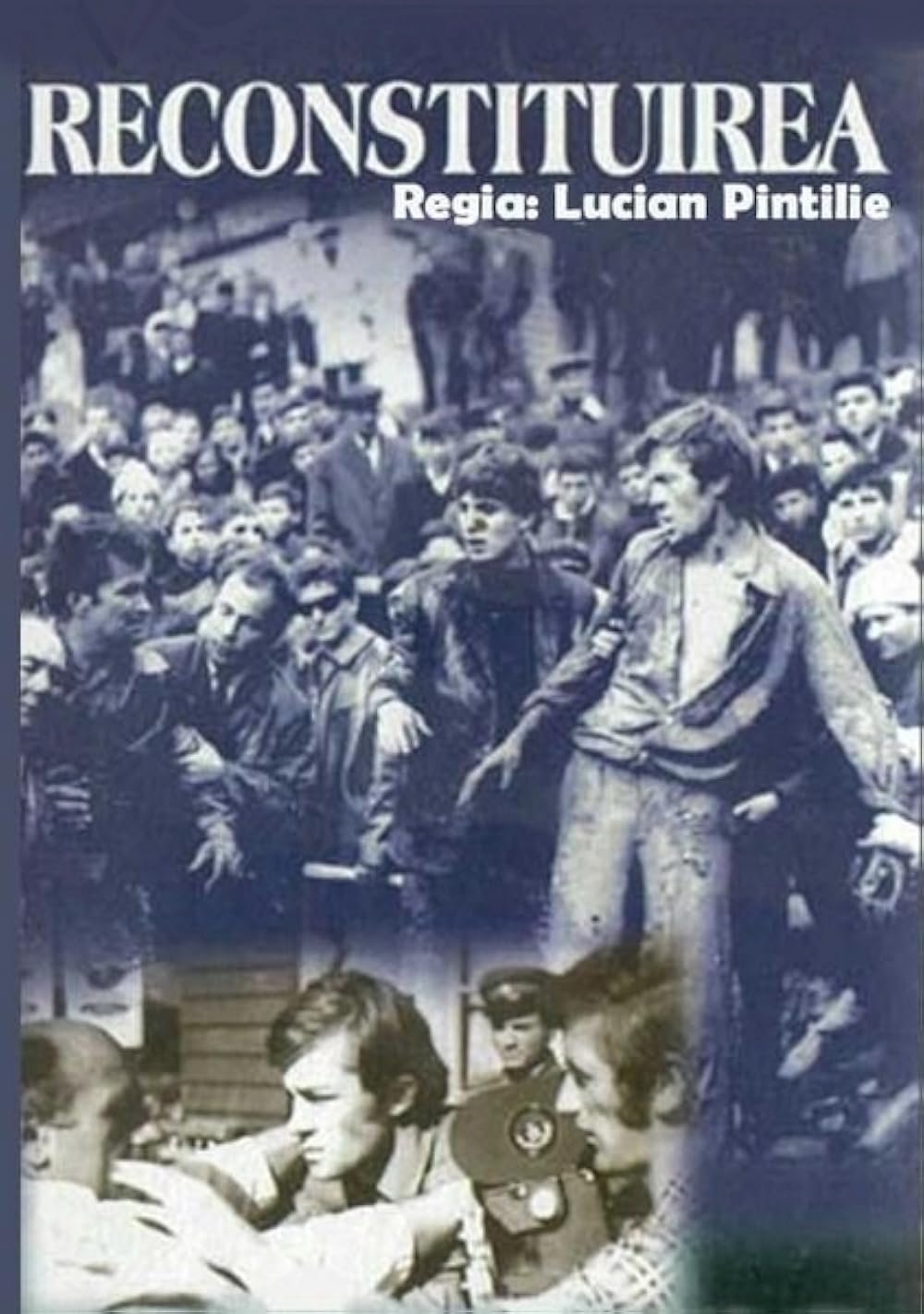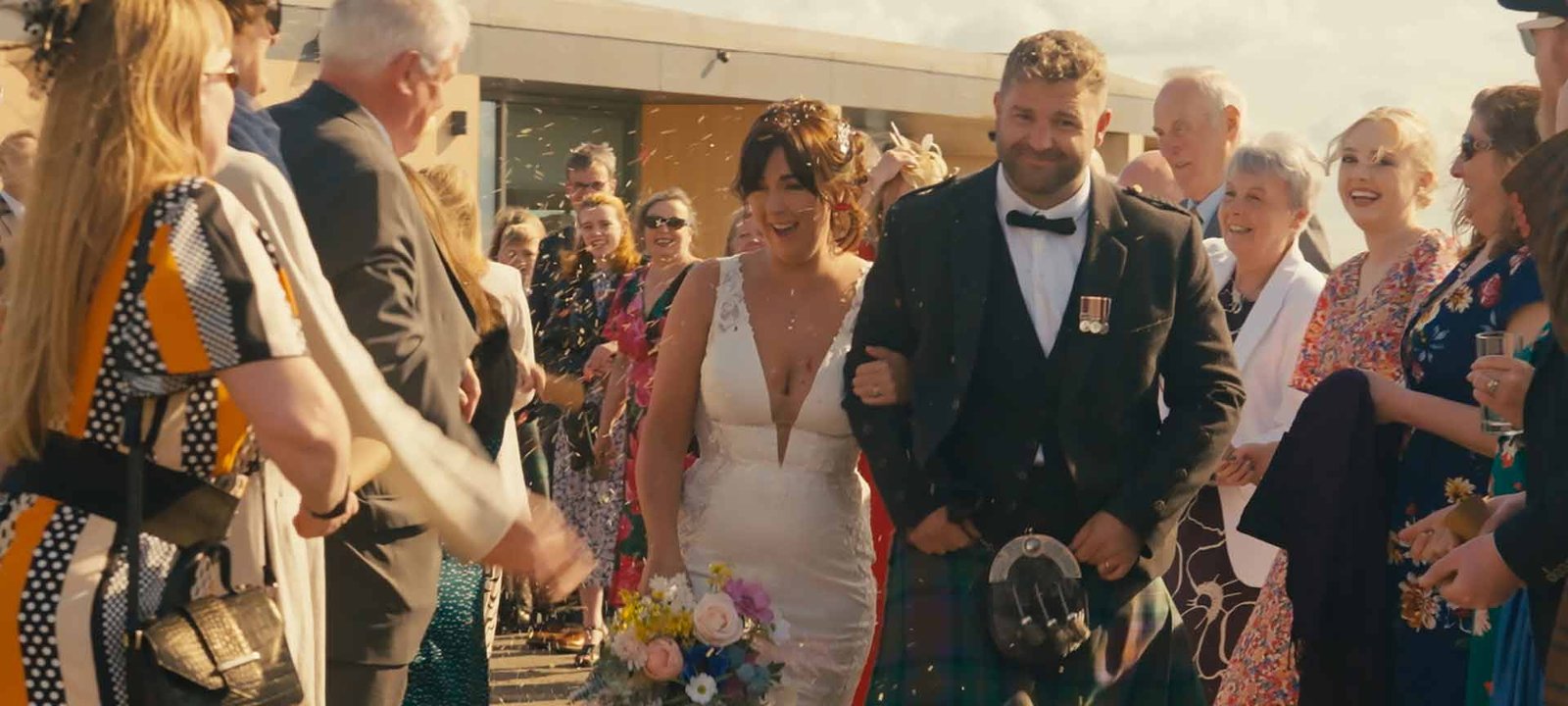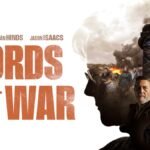Now Reading: “Words of War Review: Maxine Peake Shines in Haunting Portrait of Murdered Journalist”
-
01
“Words of War Review: Maxine Peake Shines in Haunting Portrait of Murdered Journalist”
“Words of War Review: Maxine Peake Shines in Haunting Portrait of Murdered Journalist”

Words of War Review: Maxine Peake Embodies Murdered Journalist’s Fearless Spirit
Watching Maxine Peake transform into Anna Politkovskaya, I couldn’t help but think of the journalists I’ve known who’ve risked it all for the truth. In 2025, when press freedom feels increasingly precarious, Words of War lands with the subtlety of a sledgehammer and I mean that as a compliment.
A Performance That Demands Attention
Bolton’s finest has done it again. Peake brings her characteristic intensity to the role of Politkovskaya, the Russian journalist whose critical reporting on the Second Chechen War and Putin’s regime led to her assassination in 2006. It’s the kind of powerhouse performance that has you forgetting you’re watching an actor at all.
Opposite her, Jason Isaacs delivers a nuanced turn as Politkovskaya’s husband, their scenes together providing the emotional anchor in a story that could’ve easily drowned in political heavy-handedness. The chemistry between these two British heavyweights elevates what might otherwise have been standard biopic fare.
When Truth Becomes a Death Sentence
The film’s timing feels especially pointed. In an era where “fake news” gets bandied about like confetti at a wedding, Words of War reminds us what real journalists risk for real stories. Remember those TikTok influencers who complained about their Wi-Fi going down last month? This puts things in proper perspective, doesn’t it?
Style vs Substance: Where the Film Stumbles
Here’s the rub and any honest review needs one the film occasionally trips over its own worthy intentions. The score can be a bit on-the-nose (must every tense scene have those ominous strings?), and some of the dialogue veers into the kind of speechifying that belongs more in Parliament than real life.
Harry Lawtey as Politkovskaya’s son Ilya grapples with a thinly written role, though he makes the most of his big emotional moments. When he shouts, “I’m not watching you die!” it should be devastating, but it feels more like a plot point being ticked off a list.
FAQ: Your Questions Answered
Is Words of War based on a true story?
Yes, the film portrays the real-life story of Anna Politkovskaya, a Russian journalist murdered in 2006 after reporting critically on the Second Chechen War and Vladimir Putin’s regime.
How accurate is the film’s portrayal?
While the core events are factual, the film takes dramatic liberties with personal relationships. Notably, Politkovskaya’s family hasn’t given the film their blessing, suggesting some characterizations may not reflect reality.
Is Words of War suitable for all audiences?
The film carries a 15 certificate for scenes of violence and themes of political persecution. It’s not graphic, but the subject matter is intense and may be disturbing for sensitive viewers.
The Verdict
Despite its flaws, Words of War serves as a vital reminder of journalism’s importance in our increasingly authoritarian world. Peake’s performance alone makes it worth your time, even if the film around her occasionally feels like it’s reading from the “Important Political Drama” handbook.
(out of 5)
Share your thoughts on Words of War below do films like this make you appreciate press freedom more? And while you’re here, why not check out our interview with Maxine Peake about taking on this challenging role.










